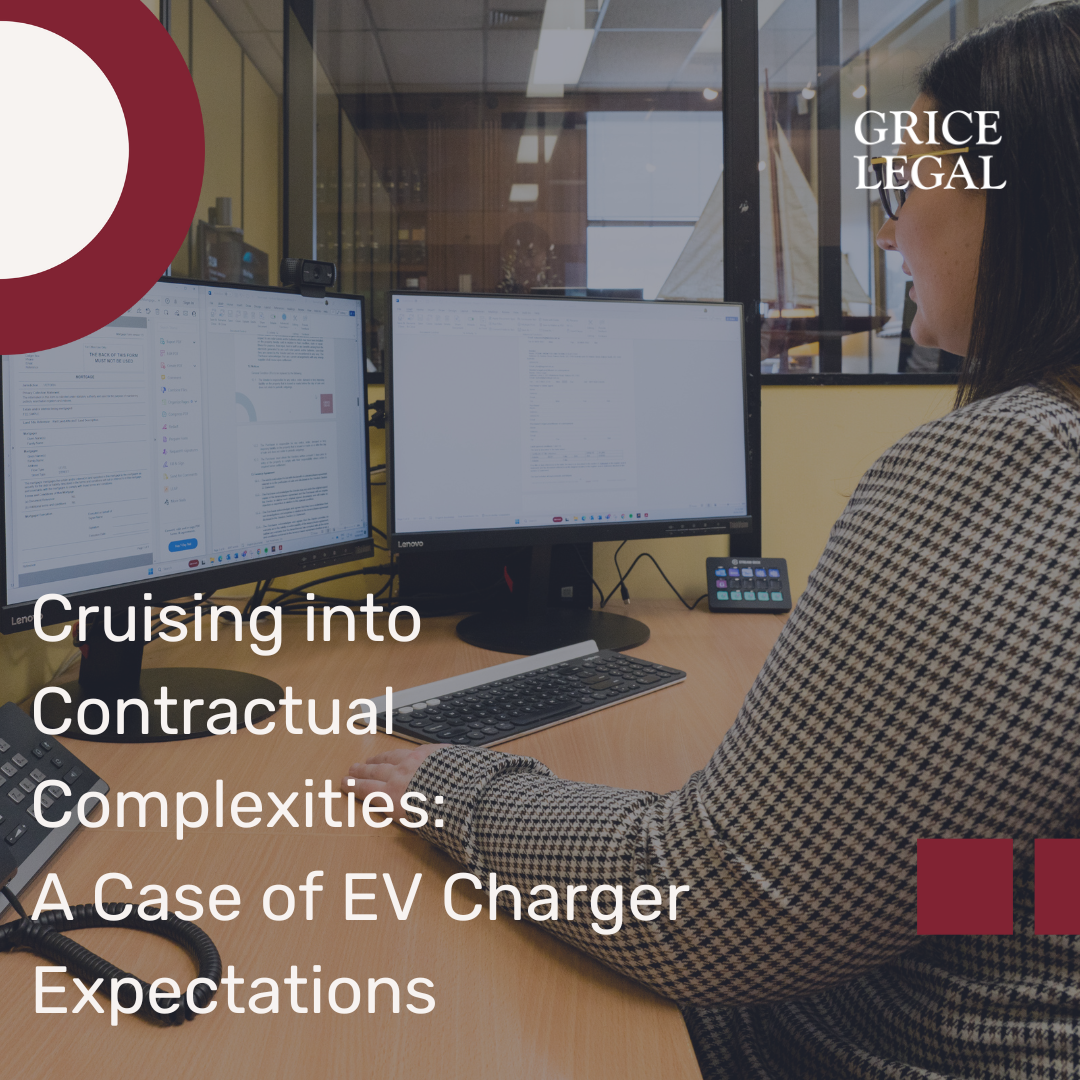
Frequently asked questions.
At Grice Legal, we understand that navigating the complexities of the law can feel overwhelming. Whether you're facing a legal challenge or simply seeking guidance, our dedicated team is here to support you every step of the way.
We strive to simplify the legal process, offering clear explanations and personalised solutions tailored to your unique needs.
Please see below our Frequently Asked Questions. If you have any questions of your own, please don’t hesitate to reach out —we’re committed to helping you find the clarity and confidence you deserve.
-
A Will is a legal document that outlines how a person's assets and estate will be distributed after their death. It also appoints an executor to carry out the wishes of the deceased.
-
If someone dies without a Will (intestate), their estate will be distributed according to the laws of intestacy. This means that assets may go to the next of kin based on a legal formula, which might not align with the deceased’s wishes.
-
An executor is a person or organization appointed in a Will to manage and distribute the deceased’s estate according to the instructions in the Will. This includes tasks like collecting assets, paying debts, and distributing inheritances.
-
Probate is a legal process where the Will is validated by a court, and the executor is granted the authority to administer the estate. Without probate, banks and other institutions may not release the deceased’s assets.
-
While you generally have freedom to leave your assets to anyone in a Will, family provision laws in many jurisdictions allow certain family members and dependents to make claims if they feel they have been unfairly excluded or not adequately provided for.
-
Superannuation does not automatically form part of a person’s estate. The super fund trustee typically decides how to distribute the funds, often based on a binding death benefit nomination. If you make a valid binding nomination, the funds will be distributed according to your wishes.
-
First step: contact us!
You can update your Will by either writing a new Will or making an official amendment called a codicil. Both documents must be properly witnessed and executed to be legally valid. -
The division of property follows a process where the court looks at:
The assets and liabilities of both parties.
Each party’s financial and non-financial contributions.
Future needs (such as the care of children). The goal is to reach a fair and equitable settlement.
-
Child custody, now referred to as "parental responsibility," is decided based on the best interests of the child. Courts encourage shared responsibility, but the child's safety and well-being are the top priorities. This can involve who the child lives with, visitation arrangements, and decision-making about health, education, and welfare.
-
Child support is financial assistance from one parent to the other for the expenses of raising a child. The amount is calculated by the Department of Human Services based on each parent's income, the percentage of care provided, and the number of children involved.
-
Spousal maintenance is financial support provided by one spouse to the other after separation or divorce if one spouse cannot support themselves due to factors like age, health, or childcare responsibilities. It is different from child support and is not automatic in all divorces.
-
BFAs, often known as prenups or postnups, are legally binding agreements between parties about how assets and liabilities will be divided in case of separation or divorce. They can be created before, during, or after a marriage or de facto relationship.
-
For most legal matters, you should bring any relevant documents, including contracts, identification, previous legal correspondence, and any notes about your case. For estate planning, bring any current Wills or financial documents.
-
Yes, Grice Legal provides comprehensive commercial law services for businesses, including contract drafting, business structuring, commercial leases, and advice on corporate governance.
-
The conveyancing process typically takes 4 to 8 weeks, depending on the complexity of the transaction and other factors like loan approvals or issues with the property title.
-
Yes, we assist retirees and seniors with estate planning, drafting Wills, Powers of Attorney, and succession planning. We ensure your legal affairs are in order and provide peace of mind for your future.























